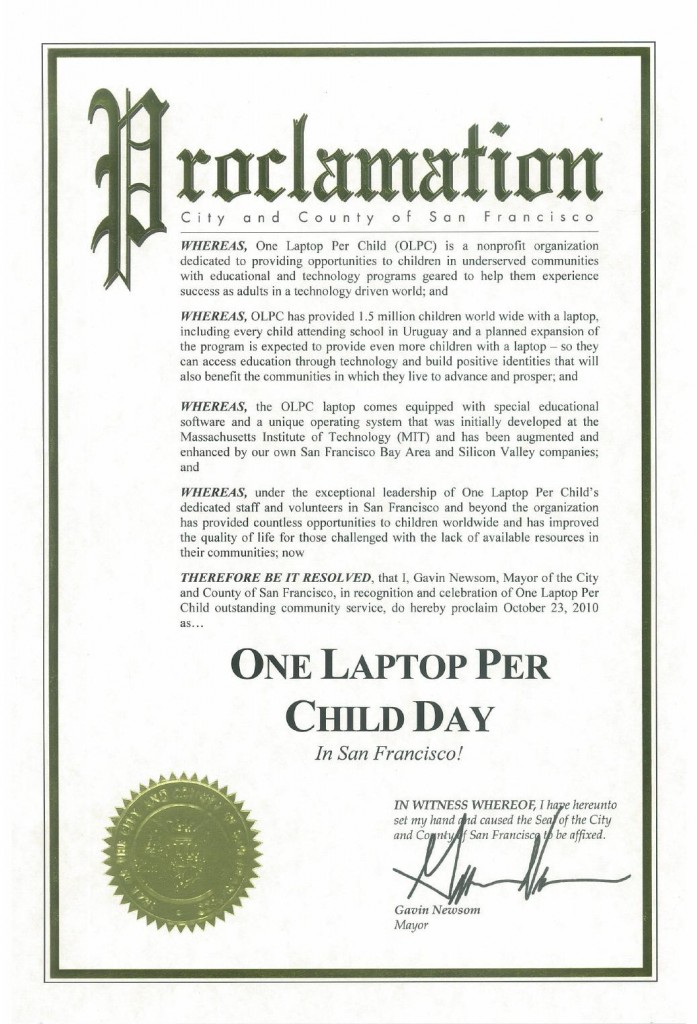(adapted from this recent mailing list thread. Â this is a sweet build; try it out.)
After waaaaaaaaaaaaaay to long of a delay, I just tagged and built DebXO 0.6 (installation guide).  In some ways, it’s very polished (I’ve actually tested all of the desktops myself), in other ways it has a number of regressions (due to Debian updates breaking things, switching to an almost-stock Linus kernel, etc).  Either way, I wanted to get it out because people keep asking about it, and dropping JFFS2 leads to such a massive improvement.
DebXO is a version of Debian (testing) that is customized for the XO-1 hardware.  The 0.6 release adds initial support for the XO-1.5 hardware; however, XO-1.5 is not officially supported [yet].  I’ll update the official wiki page with instructions for XO-1.5, for the early adopters.
MAJOR CHANGES:
- Update distribution to Debian Squeeze.  All packages and desktops have been upgraded.  This is pretty major; for example, Sugar is now at 0.88, and Gnome at 2.30(ish).
- Kernel update.  Switch from the olpc-2.6 tree to Linus’s linux-2.6 tree (based upon 2.6.37-rc4+).  A few pending patches from -next and -mm have been included, but other than that… it’s stock.  The config closely matches the Debian stock kernel config; at a future date, we’ll just switch to a standard Debian 686 kernel.
- Switch the nand images from using JFFS2 to UBIFS.  This makes an amazing difference in terms of usability.  Over time, JFFS2 filesystems get slower as they fragment, while UBIFS doesn’t appear to.
- Initial XO-1.5 support. It’s still rough around the edges, but it’s functional (currently xorg.conf and /boot/olpc.fth must be edited).  …



